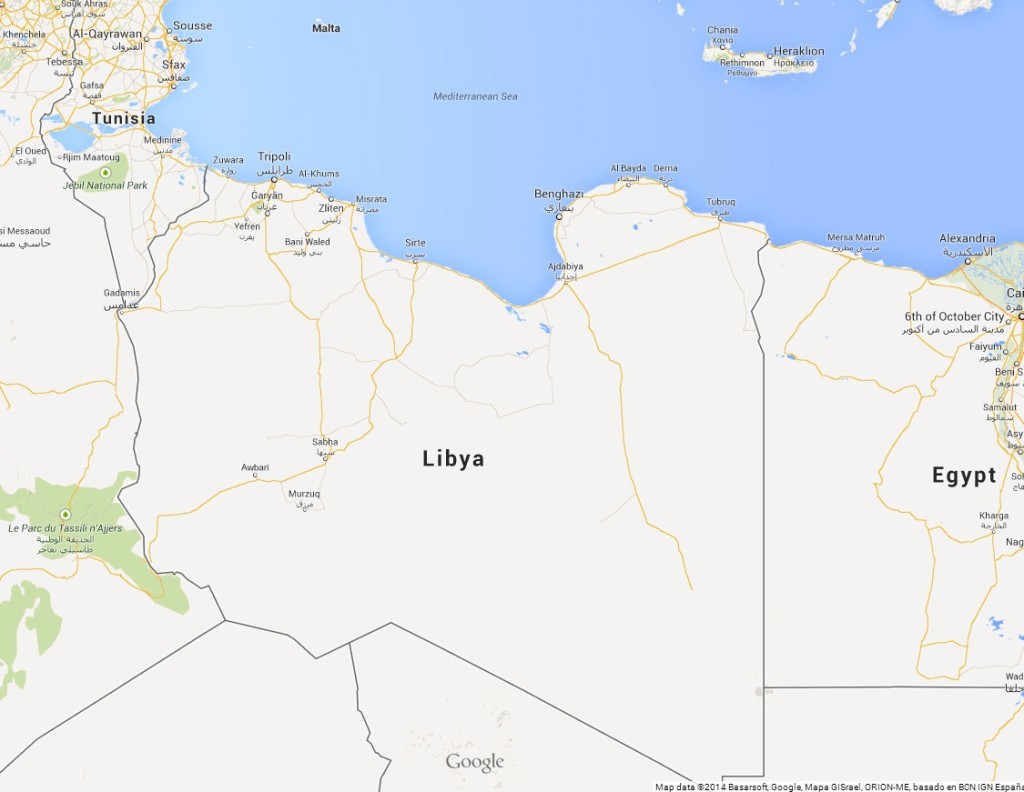
Libya’s UN-backed government is under mounting pressure to devalue its currency, joining other energy producers from Nigeria to Kazakhstan that have buckled in the face of tumbling revenue and domestic turmoil.
The dinar has been steadily weakening on the black market over the past year as the nation’s political rifts thwarted a recovery in oil output. It hit a record low of 7 to the dollar this week, according to currency dealers in Tripoli. The official rate is 1.4.
The currency crisis is undermining Prime Minister Fayez al-Serraj’s efforts to unite a country fractured by five years of conflict following the 2011 ouster of Muammar al-Qaddafi, leading instead to public discontent as prices surge. Libya is split between two rival administrations and militias vying for power in the holder of Africa’s largest oil reserves.
Officials from the Tripoli-based central bank attended meetings along with other government members earlier this month in Rome. There they discussed a possible devaluation of the dinar and a removal or reduction of fuel subsidies, deputy minister of finance Abu Bakr al-Jafal said in an interview. Representatives of the central bank in eastern Libya also see a need for a devaluation to crush the black market, but say they must be involved in the decision.